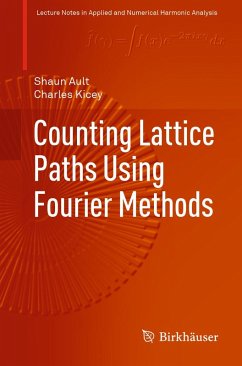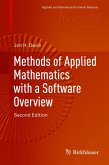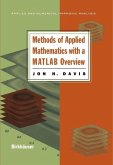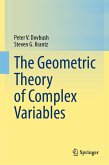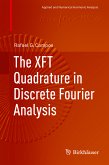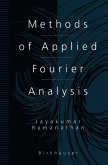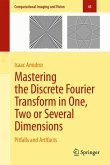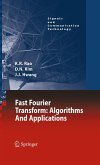This monograph introduces a novel and effective approach to counting lattice paths by using the discrete Fourier transform (DFT) as a type of periodic generating function. Utilizing a previously unexplored connection between combinatorics and Fourier analysis, this method will allow readers to move to higher-dimensional lattice path problems with ease. The technique is carefully developed in the first three chapters using the algebraic properties of the DFT, moving from one-dimensional problems to higher dimensions. In the following chapter, the discussion turns to geometric properties of the DFT in order to study the corridor state space. Each chapter poses open-ended questions and exercises to prompt further practice and future research. Two appendices are also provided, which cover complex variables and non-rectangular lattices, thus ensuring the text will be self-contained and serve as a valued reference.
Counting Lattice Paths Using Fourier Methods is ideal for upper-undergraduates and graduate students studying combinatorics or other areas of mathematics, as well as computer science or physics. Instructors will also find this a valuable resource for use in their seminars. Readers should have a firm understanding of calculus, including integration, sequences, and series, as well as a familiarity with proofs and elementary linear algebra.
Dieser Download kann aus rechtlichen Gründen nur mit Rechnungsadresse in A, B, BG, CY, CZ, D, DK, EW, E, FIN, F, GR, HR, H, IRL, I, LT, L, LR, M, NL, PL, P, R, S, SLO, SK ausgeliefert werden.
Hinweis: Dieser Artikel kann nur an eine deutsche Lieferadresse ausgeliefert werden.

